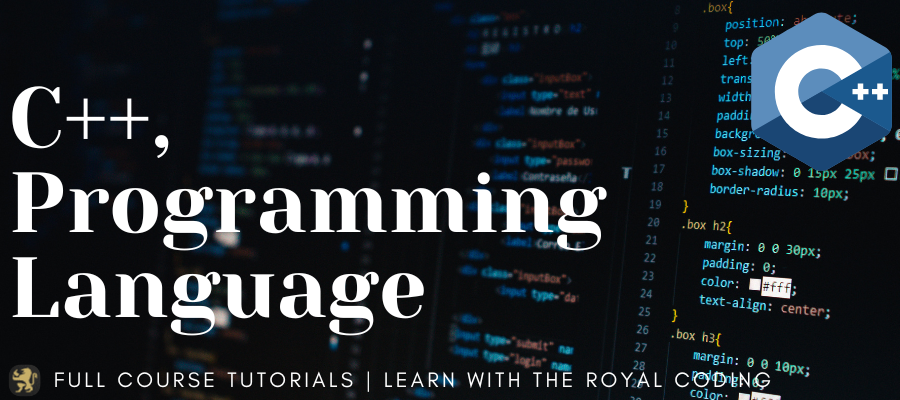Functions in C++

Function is a block of code that performs a specific task or set of tasks. Functions in C++ play a crucial role in code organization, reusability, and modularity. They allow you to break down a program into smaller, more manageable units, making the code easier to understand and maintain.
Syntax of a Function:
// Function body (statements)
// ...
// Return statement (optional)
return value;
}
Components of a Function:
(a.) return_type: Type of data the function returns.
(b.) function_name: Identifier for the function.
(c.) parameters: Input values (optional).
(d.) function body: Block of code inside curly braces {}.
(e.) return_value: Value returned (optional).
Importance of Functions
1. Modularity: Functions enable us to split our program into smaller, manageable modules. Each function can focus on a specific task, making the overall code easier to understand, maintain, and debug.
2. Code Reusability Functions can be reused multiple times within a program or across multiple programs. Instead of writing the same code repeatedly, we can encapsulate the code in a function and call it whenever needed, reducing code duplication and improving development efficiency.
3. Ease of Debugging: Since functions perform specific tasks independently, debugging becomes easier. We can isolate and fix errors within a particular function, reducing the scope of potential issues.
4. Code Clarity: By using functions, we can abstract and encapsulate complex operations within meaningful function names. This enhances the readability of the code, making it easier to comprehend and maintain.
5. Collaborative Programming: Functions facilitate collaborative programming as team members can independently work on different functions without impacting others' code. This promotes parallel development and accelerates project completion.
Example of FUnction:
using namespace std;
// Function declaration
int add(int a, int b);
int main() {
// Function call
int result = add(3, 4);
// Display the result
std::cout << "Sum: " << result << std::endl;
return 0;
}
// Function definition
int add(int a, int b) {
// Function body
int sum = a + b;
return sum;
}
In the above example, i is initially set to 1 the do-while loop executes the loop body unconditionally for the first time and inside the loop body, it prints the value of i and increments i. The loop checks the condition i <= 5 at the end of the loop body and if the condition is true, it repeats the process; if false, it exits the loop.
The output of this loop will be 1 2 3 4 5 do-while loop ensures that the loop body is executed at least once.